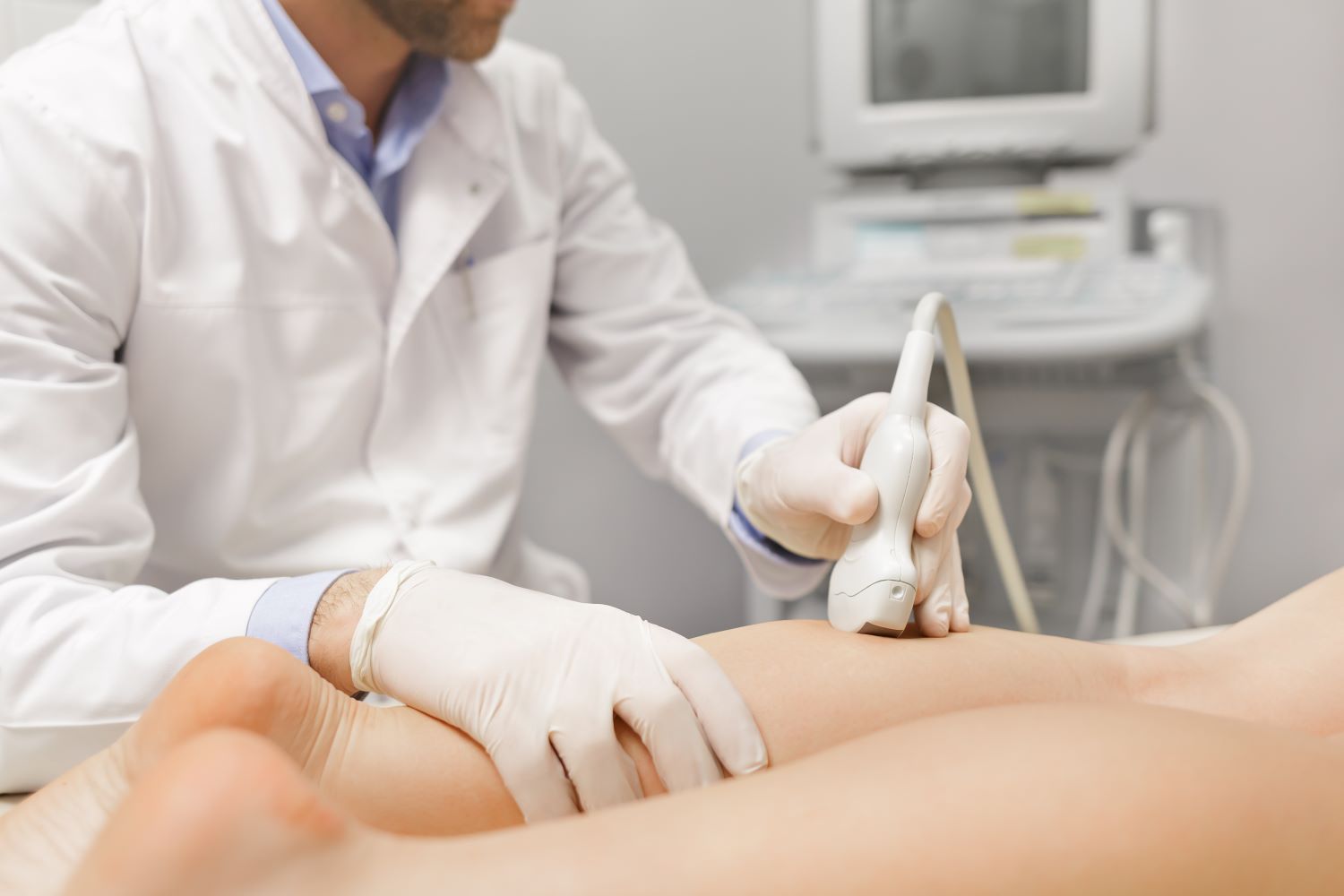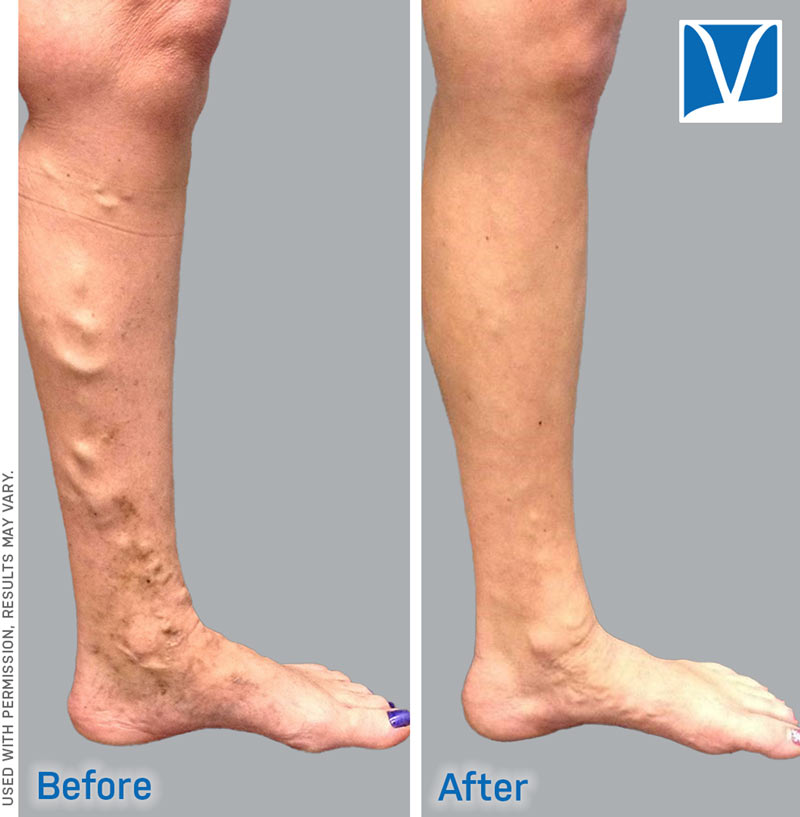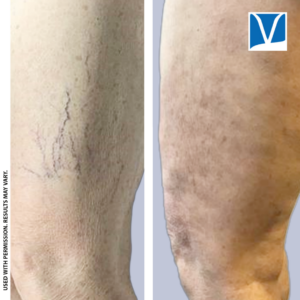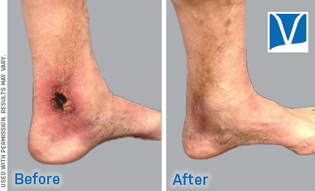What is a vein doctor? A physician who has chosen to specialize in the care of patients with vein diseases.
However, there isn’t just one background specialty where all vein doctors come from. Vein specialists can come from vascular surgery, general surgery, interventional radiology, cardiac surgery, cardiology, emergency medicine, and sometimes primary care.
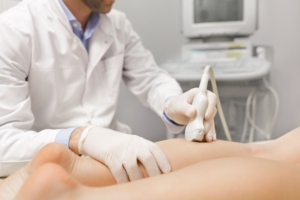
Once they leave their original practice, and focus only on taking care of vein patients, vein doctors can be categorized in one of several ways:
- Vein Specialist
- Vein Doctor
- Phlebologist (Phleb from the latin term vein…thus phlebologist is a specialist in vein care)
These are all ways to describe the same thing: A physician who specializes in treating primarily patients with venous diseases.
What Do All Vein Doctors Have in Common?
Every vein specialized doctor has a dedicated primary focus in the care of patients with vein disease. This includes conditions such as deep venous thrombosis, superficial venous thrombosis, varicose veins and venous stasis ulcers.
While many vein doctors are specialized in vascular surgery, cardiothoracic surgery, general surgery, interventional radiology, cardiology and other specialties, once they focus their practice in vein care they no longer see consults for non-venous concerns – such as heart and artery issues.
However, there are many general and vascular surgeons and interventional radiologists who have broad general practices but still see some vein patients for these conditions. In these cases, vein care may be more like 10% of what they do, rather than 100%.
Do I Need to See a Vein Doctor?
In most cases, people will know when their veins are starting to cause issues.
Problems like large painful veins on the legs, swollen legs and spider veins are easy for a patient to recognize themselves. But some issues not noticeably vein-related will still require the attention of a vein doctor. For example, many are not aware that stasis dermatitis (brown itchy skin by the ankle) and venous leg ulcers (wounds on the lower leg that do not heal easily) are vein issues.
All of these concerns are symptoms of venous insufficiency. If you are experiencing any of the common symptoms of venous insufficiency, you should consider an evaluation a vein doctor to learn more.
How Can I Find a Vein Doctor?
Generally, you can ask your primary care physician or do a google search in your area for a vein doctor. In Oregon, we at Inovia Vein Specialty Centers have multiple clinics where patients can be seen by vein specialists. Our vein doctors are highly experienced in consulting with patients on their venous concerns to properly evaluate symptoms and create a vein treatment plan.
All Inovia Vein doctors are all board-certified surgeons and come from backgrounds spanning vascular, cardiothoracic, and general surgery – but we are all focused exclusively on world-class vein care.
To set up a consultation to help you find the best path for your vein care journey, submit an Online Vein Screening Form or call any of our offices in Northwest Portland, Tigard, Happy Valley, Hillsboro or Bend, Oregon.
